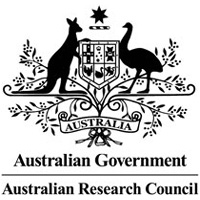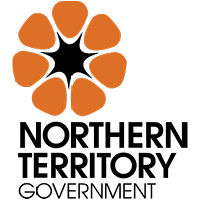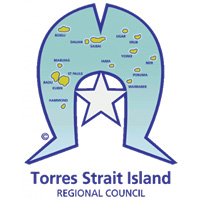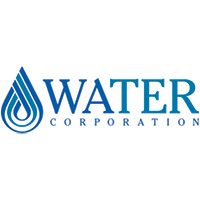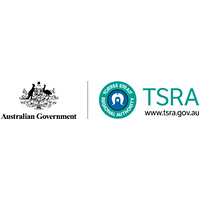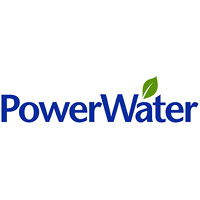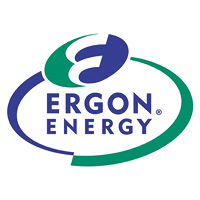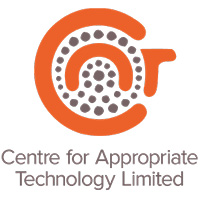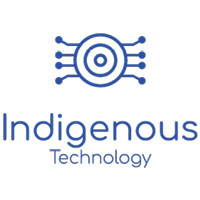Co-designing a resilient water and energy toolbox for Aboriginal and Torres Strait Island communities
The project ‘iKnow, weKnow’ is funded under a three- year (2022 - 2024) Australian Research Council Linkage grant which supports industry-research partnerships to address industry research problems. The name ‘iKnow weKnow’ represents the combination of Indigenous knowledge, technical water and energy knowledge and digital technologies, together with the concept of inclusion and moving from a focus on individual behaviours to collective action to address water and energy security in a climate changed future.
Project Aim
The aim of the project is to collaboratively create a toolbox of innovative, community-based approaches for water and energy management in remote Australia. This project combines digital and cultural approaches to create a novel set of tools for engaging both community and service providers in transforming water and energy use practices in remote Indigenous communities.
Project Purpose
There is an urgent need for transformation of supply, use and management of water and energy in non-urban Aboriginal and Torres Strait Islander (herein Indigenous) communities in Australia. Such a transformation will build social, economic and environmental resilience of the infrastructure and management to contribute to healthy and productive Indigenous communities.
Key Output
The key output will be an empirically tested, culturally appropriate and user-friendly water-energy toolbox tailored to reduce the currently extreme cost of supplying essential services to remote communities. Application of these outputs will significantly reduce demand on local water sources and diesel-generated energy use while creating a skill base for local employment opportunities.
Project objective
- Assess and understand whole-of-system baseline water and energy systems in three states/territories;
- Co-design new tools with communities and key actors to support transformative water and energy management.
- Trial, monitor and evaluate, through participatory processes, the impact and effectiveness of the co-designed tools.
Project Team
Please select some images
WaterMicro 23 Conference
Safe versus preferred: How perceptions, preferences and values can influence drinking water choices in indigenous communities.
Access to safe and reliable drinking water in some remote Australian communities falls substantially short of the SDG6goal (water and sanitation for all).
The objectives were to understand
- the range and preferences of different drinking water sources;
- household drinking water treatment practices and attitudes; and
- the values people have on different drinking water sources.
This work was awarded the best poster at the WaterMicro 23 Conference held in June 2023
Aunty Mati - The Water-Saving Superhero
Kura’s adventures take place on one of the many islands in Zenadth Kes (Torres Strait). This book is aimed at Primary School children to start a fun conversation about the importance of being water-efficient in your community.
Saving water is an important part of caring for country and can start from a young age. Children might even enjoy reminding their parents, aunties, uncles and grandparents to practice water saving behaviours!
Scholarship Opportunities
Funding is allocated for two Higher Degree Research candidates to support research into the iKnow weKnow project. The PhD candidates will be embedded in a growing interdisciplinary research team with direct access to industry and government partners.
The PhD projects will explore pragmatic research questions relevant to the project aims, and may include Indigenous governance, Indigenous pedagogies and Indigenous methods of community engagement, co-design processes and integration of multiple types of knowledge.
for example; traditional, local and Indigenous Ecological Knowledge, with technology and digital interfaces to identify effectiveness of uptake and impacts on sustainability of supply and end uses of energy and water in remote community contexts.
If you are interested please contact Associate Professor Cara Beal and check your eligibility.
